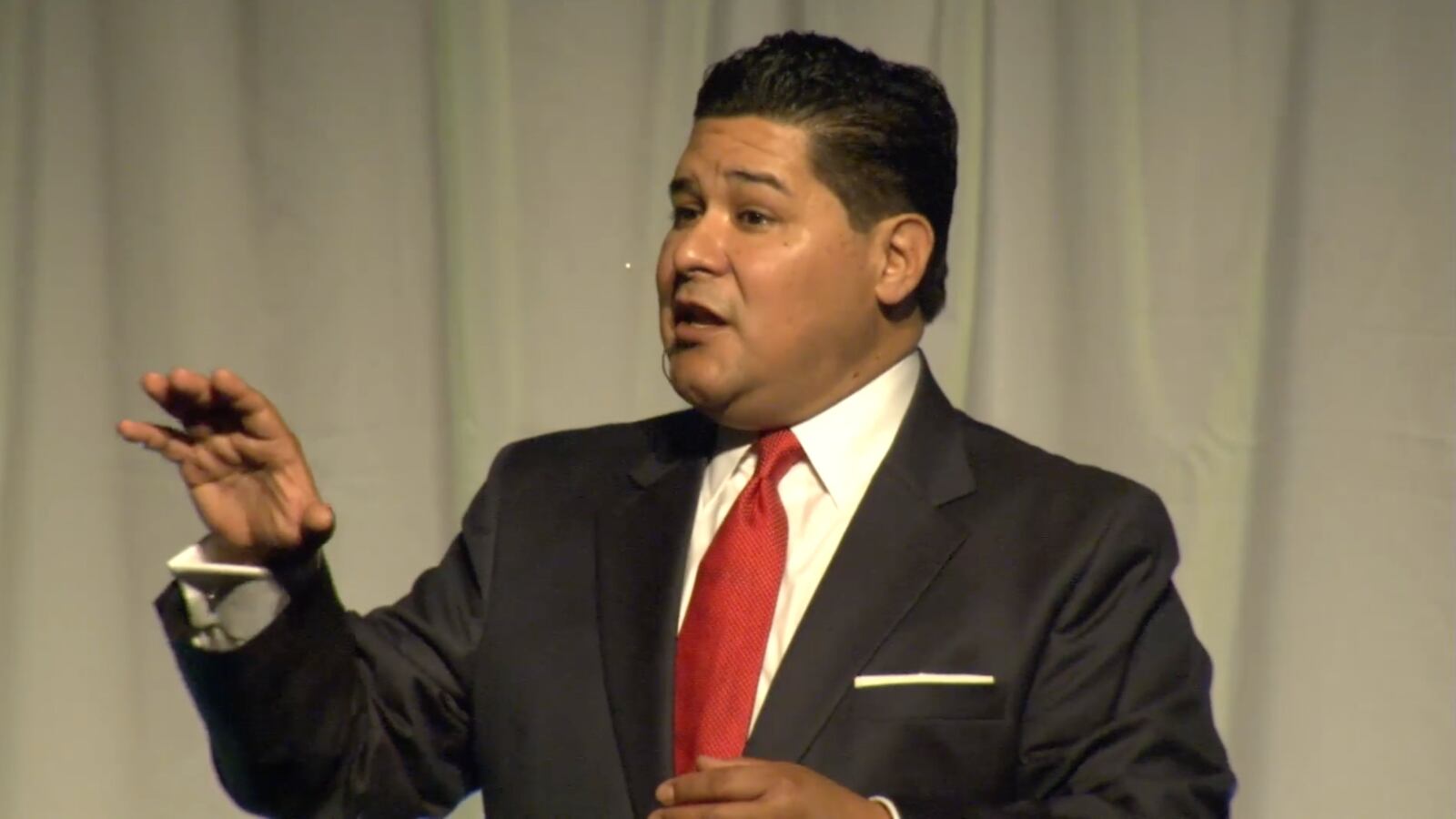When we asked you, our readers, what Richard Carranza needs to know when he becomes New York City schools chancellor next week, our pop quiz had several kinds of questions.
We shared some of the responses to the short-answer questions earlier this week. But we also know that Carranza will face many competing priorities as he takes office — and thought he might benefit from a punchier to-learn list.
So we also asked a fill-in-the-blank question. Here’s how readers answered.
To understand New York City schools, Richard Carranza needs to know …
… middle schools always get the short end of the stick.
… NYC parents are really smart and, if engaged, are your #1 resource in this town.
… bureaucracy for bureaucracy’s sake is a cancer in the system.
… he does not have a school board. The mayor is his boss.
… he works for [teachers union president] Mike Mulgrew.
… not everything that works on a small scale can be scaled up for larger success.
… that he should find the people doing things differently than the status quo.
… how segregated they are, ethnically, economically, and academically.
… that standards need to be enforced, even if politics say no.
… how to bring teachers, parents, students and administrators together.
… the grassroots community-based organizations who support our public school youth and families and see the issues every day.
… that everyone that works for schools is important (not only teachers).
… one-size-fits-all regulations and policies won’t benefit all.
… the history of New York City housing and gentrification.
… that he will drown if he does not understand New York City’s political landscape.
… students are expert in their experience.
… every district, neighborhood, and school has different needs.
… some districts still carry the baggage of decentralized fiefdoms from the 1990s.
… the extreme differences in income, background, neighborhood/boroughs of residence, language, and social capital among the city’s residents and students.
… the vast majority of educators and youth are there for the right reason.
… the ways in which school funding is connected to privilege and race.
… that schools are key institutions within communities.
… there are two systems — one for wealthy kids and one for poor kids.
.. though we are a very “liberal” city we lack the will to improve the schools for students of color.
… black students don’t need to sit next to a white student to get a good education.
… that we like to be involved.

